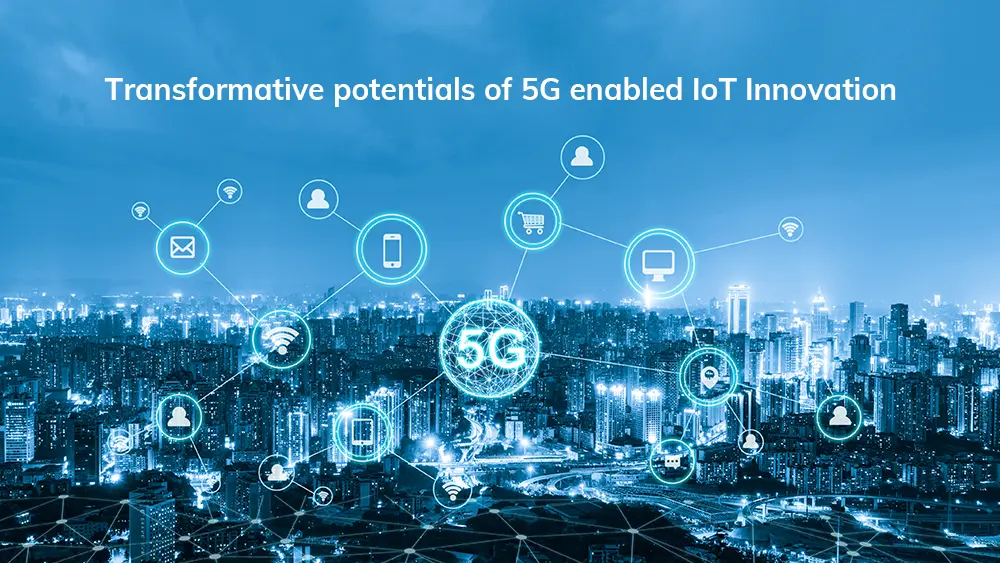justineanweiler.com – The world of technology is evolving faster than ever, with innovations reshaping industries, economies, and daily life. From artificial intelligence to quantum computing, today’s tech trends are poised to transform the future. Below are some of the most important trends to watch and their potential impacts.
1. Artificial Intelligence (AI) and Machine Learning
Artificial Intelligence (AI) is rapidly advancing, with applications ranging from healthcare to finance. Machine learning, a core element of AI, enables systems to improve performance over time based on data analysis without explicit programming. AI is enhancing areas like diagnostics in medicine, fraud detection in finance, and personalized marketing.
Looking ahead, AI will likely become more intuitive and adaptable, blending machine efficiency with human creativity to improve business processes and consumer experiences. This progress means more automation, improved decision-making, and personalized solutions in everyday applications.
2. Quantum Computing
Quantum computing is on the verge of revolutionizing how we approach problem-solving. Unlike traditional computers, which process information in bits (0s and 1s), quantum computers use qubits that can exist in multiple states simultaneously, allowing them to solve complex problems much faster.
While still in early development, quantum computing holds great potential in areas like encryption, drug discovery, and climate modeling. Its future applications could solve challenges that today’s most advanced computers can’t handle, leading to breakthroughs across industries.
3. 5G and Beyond
The rollout of 5G is transforming telecommunications by enabling faster data speeds, lower latency, and increased connectivity for smart devices. This technology is paving the way for innovations like autonomous vehicles, smart cities, and the expanded Internet of Things (IoT), where devices communicate with each other seamlessly.
Looking forward, 6G is already being explored, potentially offering speeds up to 100 times faster than 5G. This could support even more immersive virtual experiences, such as augmented reality (AR) and virtual reality (VR), alongside advanced communication systems with minimal delay.
4. Edge Computing
With the explosion of IoT devices, the amount of data generated is growing exponentially. Edge computing processes data closer to where it’s generated (the “edge” of the network), reducing latency and bandwidth demands compared to cloud computing.
This technology is essential for real-time applications, such as autonomous vehicles, industrial automation, and smart home devices. By processing data locally, edge computing makes devices more responsive and efficient, enhancing performance across industries.
5. Blockchain and Decentralized Systems
Initially popularized by cryptocurrencies like Bitcoin, blockchain is finding new applications in digital security, supply chain management, and data transparency. Blockchain provides a secure, decentralized method for verifying and storing data, reducing the risk of tampering or fraud.
Additionally, the rise of decentralized finance (DeFi) and decentralized apps (dApps) is reshaping the digital landscape, offering alternatives to traditional financial systems and centralized platforms. These innovations provide more control to users by removing the need for intermediaries in transactions.
6. Extended Reality (XR)
Extended Reality (XR) is a broad term that encompasses virtual reality (VR), augmented reality (AR), and mixed reality (MR). These technologies are creating immersive digital experiences, blending the physical and virtual worlds. XR is already transforming sectors like gaming, education, healthcare, and retail.
In the future, XR will become more accessible and advanced, enabling virtual collaboration, training simulations, and interactive shopping experiences. As hardware improves and costs decrease, extended reality could become a fundamental part of both work and entertainment.
7. Sustainability in Tech
Sustainability is becoming a priority across the tech industry. From energy-efficient data centers to greener product designs, tech companies are focusing on reducing their environmental impact. Many are exploring renewable energy sources and recycling programs to minimize e-waste.
In response to regulatory pressure and consumer demand for eco-friendly products, sustainability in tech is not just a trend but a necessary shift. Companies that prioritize green innovations will be better positioned for long-term success while contributing to global environmental goals.
Conclusion: Shaping the Future
The future of technology is rich with possibilities, offering new solutions to global challenges while reshaping how we live and work. From the efficiency of AI and quantum computing to the connectivity of 5G and beyond, these trends are driving innovation across every sector. Keeping an eye on these developments will be crucial for businesses, governments, and individuals as they navigate an increasingly digital world.
As these trends continue to evolve, their impact will only deepen, making them essential for anyone interested in understanding and harnessing the power of tomorrow’s technology.





